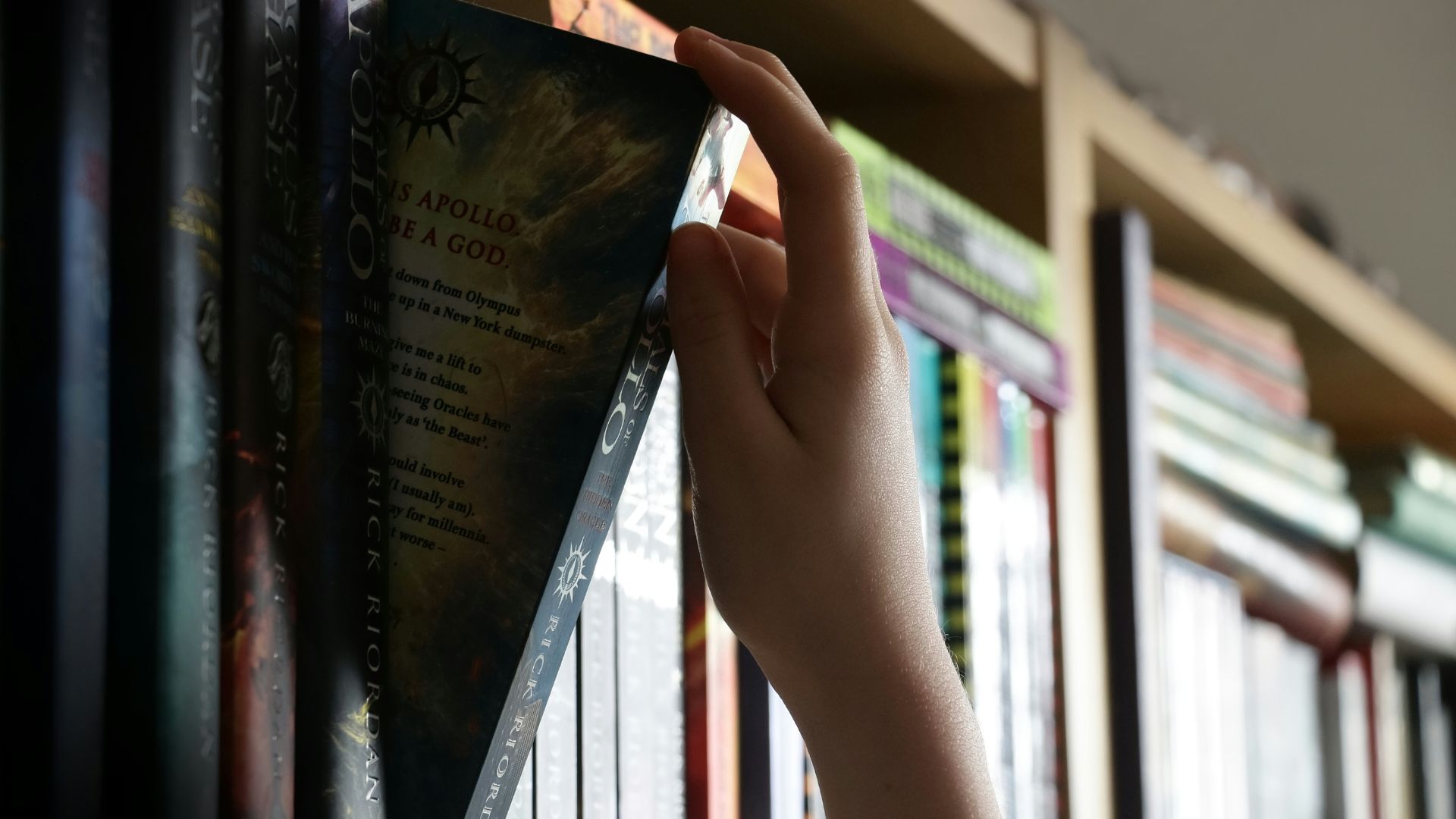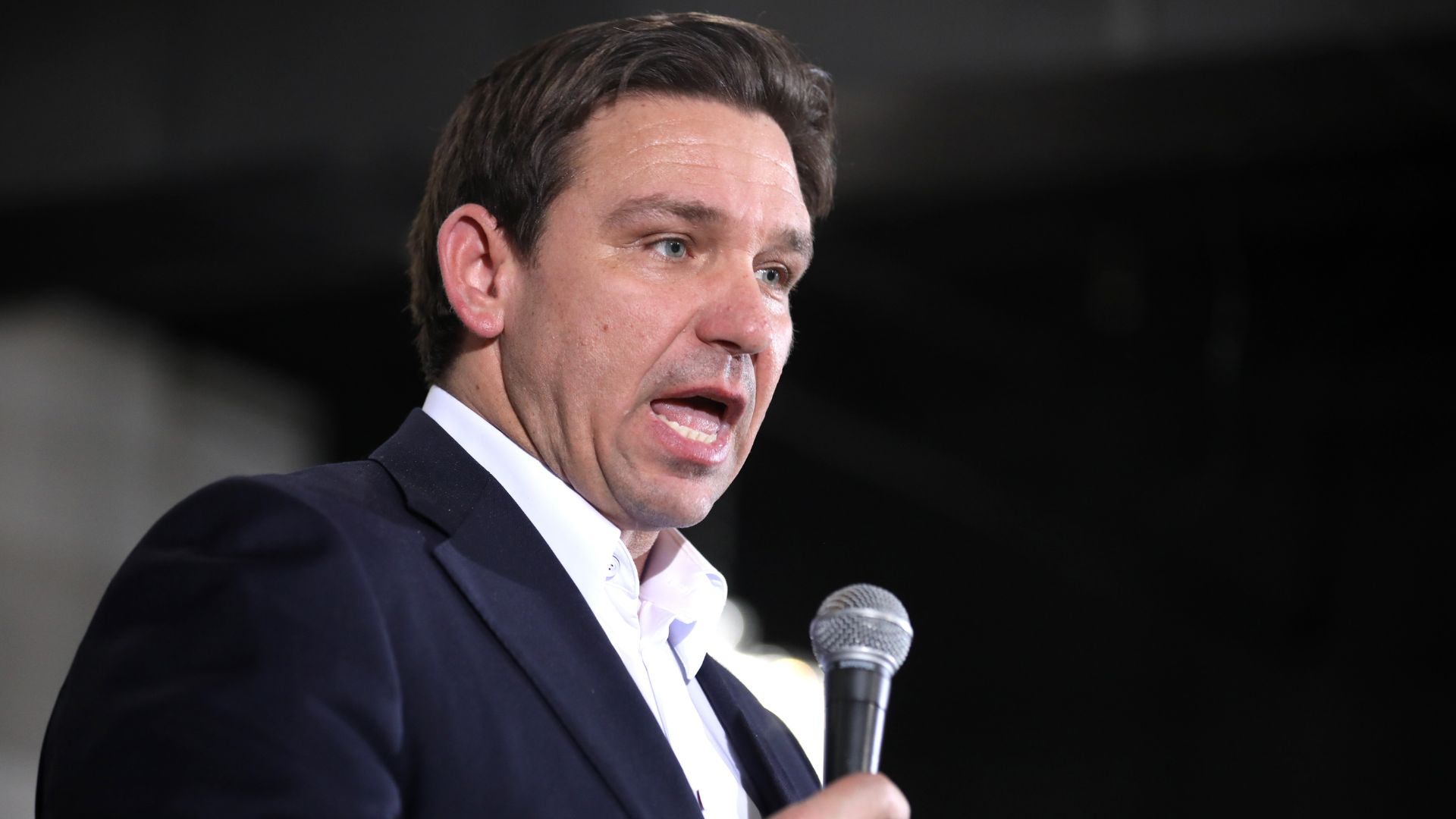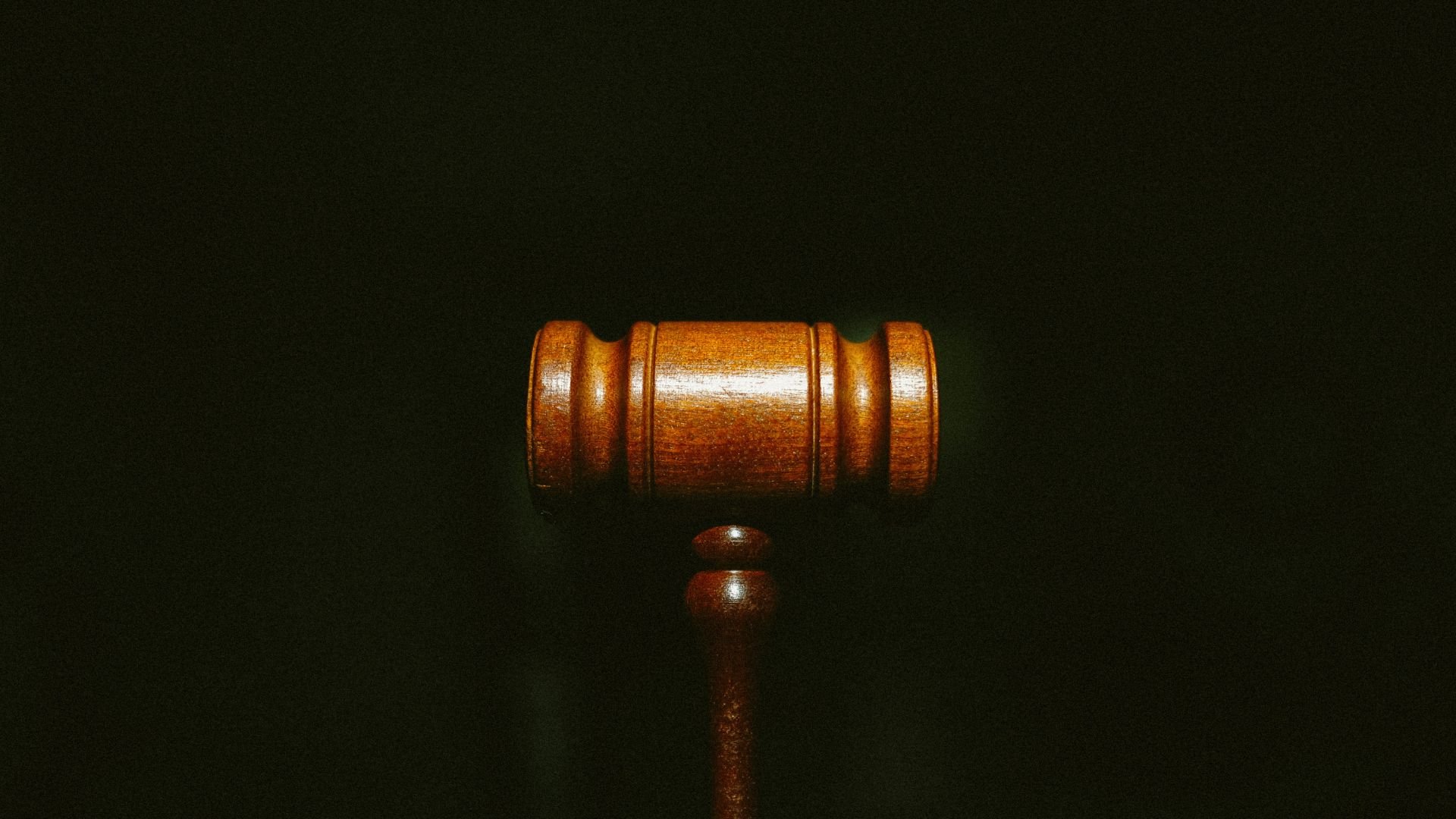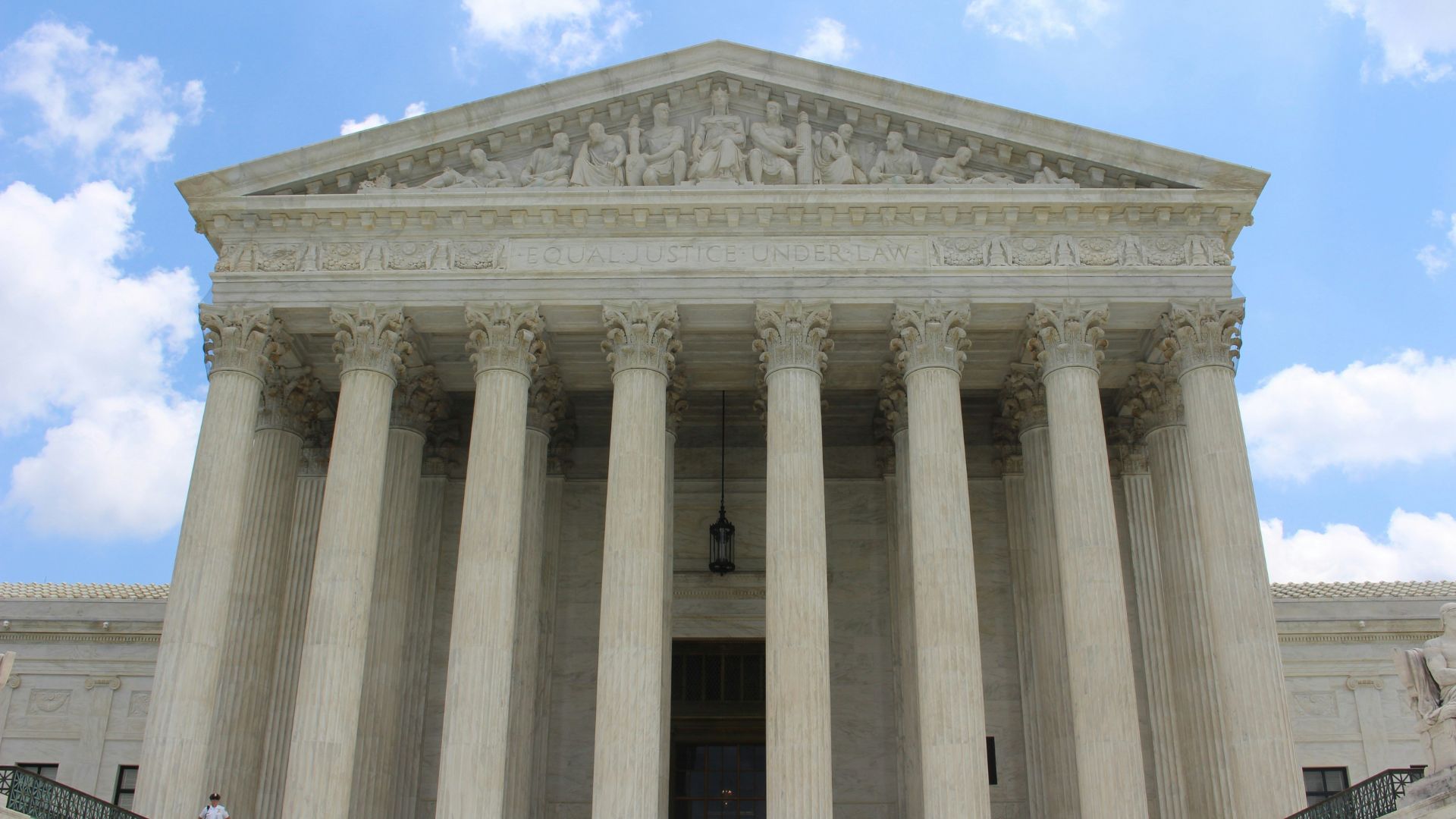Major book publishers have united to sue Florida, claiming that the state’s book ban is unconstitutional.
This legal challenge has come after Florida passed a bill that allows school districts to remove any books that parents may disagree with.
House Bill 1069

This recent legal suit conducted by publishers against Florida is the result of the passing of House Bill 1069.
This bill requires all state school districts to set up a process that allows parents to object to any book that they may have issues with. The bill explicitly states that parents can deem these books to be inappropriate and have them taken off shelves.
A Lengthy Process

This law quickly became abused by many far-right activists, as they realized that they could get a mass amount of books taken off shelves as librarians reviewed the contents.
Librarians had a lengthy process of reviewing these books before putting them back on school library shelves. Often, these books didn’t make it back to the shelves because of this time-consuming process and the mass amount of books taken down.
A War on “Woke”

Many of these movements were backed by Florida Governor Ron DeSantis and his ongoing war on “woke” policies, school districts, and books.
As a result, many classic books were taken off shelves throughout Florida. For example, “For Whom the Bell Tolls” by Ernest Hemingway and “The Adventures of Tom Sawyer” by Mark Twain have often been banned from school districts.
Parents Fight Back

Many Florida parents have fought back against these policies and moves by right-wing organizations, particularly when they saw the books that were being taken off shelves.
Books such as “The Diary of a Young Girl” by Anne Frank, as well as many contemporary novels by Stephen King and Judy Blume, have also been taken away from school libraries.
Major Publishers Begin a Legal Battle

Now, six major book publishers have decided to unite to begin a legal battle against what they see as an unconstitutional law in Florida.
Penguin Random House’s vice president Dan Novack said, “Florida HB 1069’s complex and overbroad provisions have created chaos and turmoil across the state, resulting in thousands of historic and modern classics, works we are proud to publish, being unlawfully labeled obscene and removed from shelves.”
Publishers Unite Together

Penguin Random House has teamed up with HarperCollins Publishers, Simon & Schuster, Hachette Book Group, Macmillan Publishers, and Sourcebooks in this lawsuit.
The lawsuit also features the Authors Guild as plaintiffs, as well as many individual writers.
Offering Books With Different Experiences

Novack further explained that students need these books with different life experiences.
“Students need access to books that reflect a wide range of human experiences to learn and grow. It’s imperative for the education of our young people that teachers and librarians be allowed to use their professional expertise to match our authors’ books to the right reader at the right time in their life,” Novack added.
An Unconstitutional Florida Law

Publishers have argued in this suit that Florida’s law is unconstitutional, especially when looking at previous Supreme Court decisions.
The plaintiffs of this case further explained that past court rulings have been violated by Florida’s law requiring school libraries to remove books because of parent objections.
Allowing Librarians and Experts To Do Their Jobs

The suit has also asked for librarians and other experts to be allowed to do their jobs, once again, and decide with their own expertise what is appropriate for school libraries.
The law suit seeks to restore the expertise “of trained educators to evaluate books holistically to avoid harm to students who will otherwise lose access to a wide range of viewpoints.”
Harming Authors

Mary Rasenberger, the chief executive of the Authors Guild, has also pointed out that these book bans harm authors and their reputations.
“Book bans censor authors’ voices, negating and silencing their lived experience and stories,” Rasenberger explained. “These bans have a chilling effect on what authors write about, and they damage authors’ reputations by creating the false notion that there is something unseemly about their books.”
Florida’s Response

Sydney Booker, a spokesperson for the Florida Education Department, has stated that this lawsuit is simply a “stunt.”
Booker further insinuated that there are no book bans in place in Florida, stating, “Sexually explicit material and instruction are not suitable for schools.”
